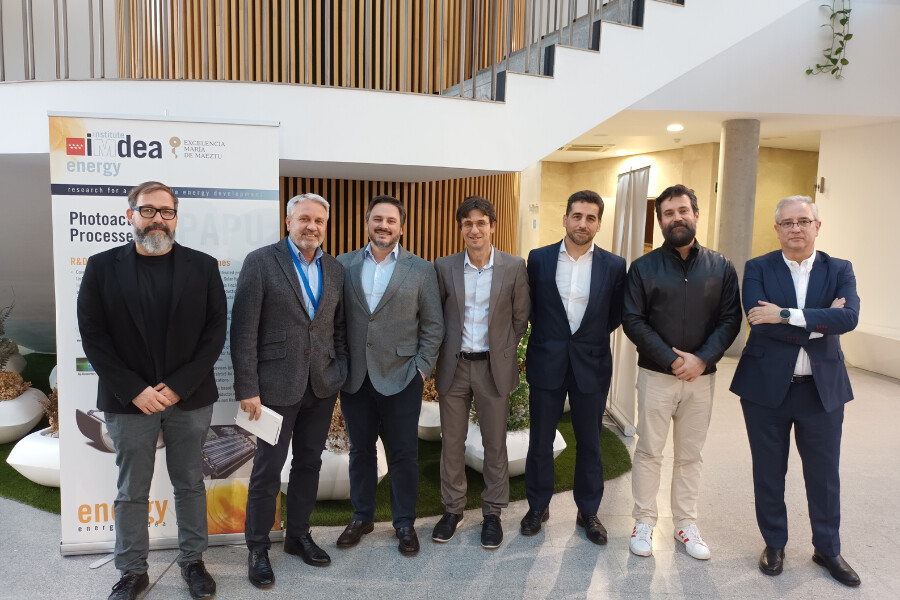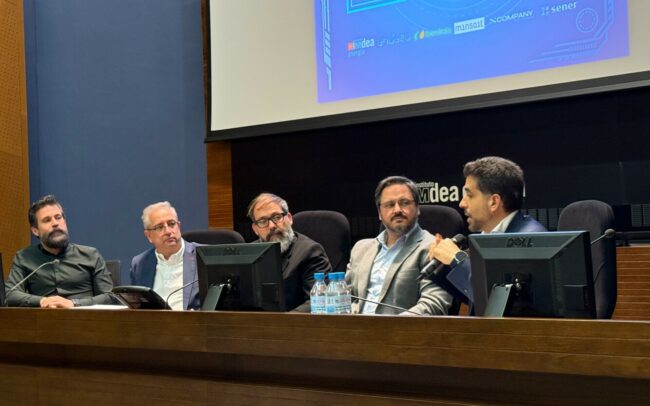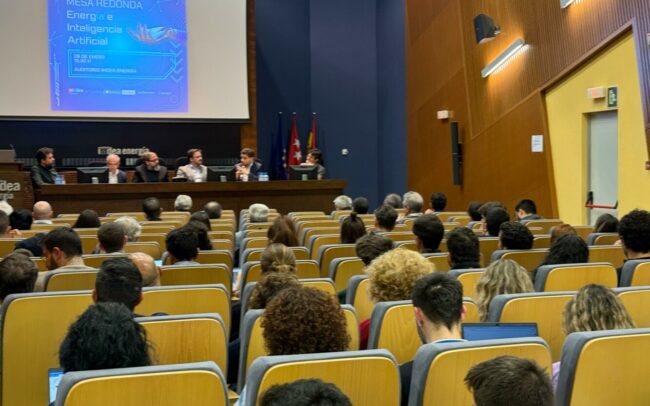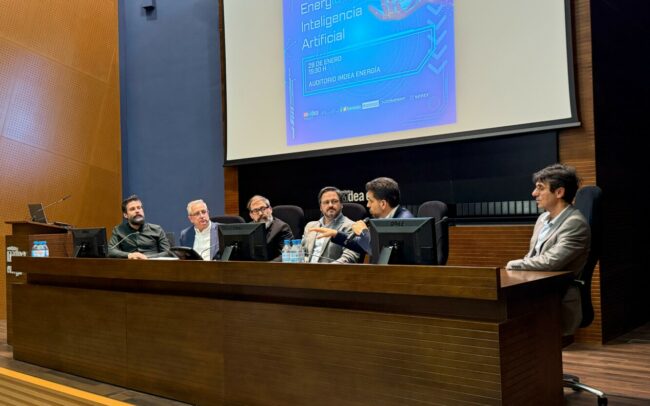IMDEA Energy brings together experts to discuss the impact of Artificial Intelligence in the energy sector
On January 28th, Institute IMDEA Energy held the Round Table ‘Energy and Artificial Intelligence’, which brought together more than 70 attendees from various entities.
The round table, moderated by Antonio Marco, Digitalization & AI Solutions Business Head of Sener, was attended by prestigious experts responsible for this area in companies in the energy sector, engineering and digital technologies: Néstor Guerra, partner at NCompany, Luis Malumbres, Director of Digital Innovation at Iberdrola, Juan Prieto Vivanco, Head of AI Transformation and Innovation at Minsait (Indra Group), Tomás Álvarez, Head of Thermal Maintenance Iberia at Endesa (Enel Group) and Víctor de la Peña O’Shea, Head of the Photoactivated Processes Unit at IMDEA Energía.
The debate started with the analysis of the technology and use cases. The speakers presented the applications of Artificial Intelligence in the different companies represented, with a special focus on processes, including design, resource prediction, industrial maintenance and market participation. They also reviewed the radical innovations taking place and future trends, both in Artificial Intelligence and in its application to other digital technologies such as molecular design through computational chemistry, machine learning or digital twins.
The second block focused on collaborations and synergies between companies and research centres, highlighting a change in the innovation cycle and disruption in timeframes of months.
This was followed by organisational aspects: working procedures around data and algorithms, methodological tools and their combination, as well as the multidisciplinary teams in which users are integrated.
The debate continued with talent management, the strategies that organisations are using to attract and retain talent in the field of artificial intelligence and energy and how to promote continuous training and skills development in teams in an environment of lack of profiles for the existing demand, high rotation, remote work and cultural change.
Also discussed were ethics and accountability in the use of AI in the energy sector, the measures being taken to ensure that algorithms are transparent and fair, the ethical challenges encountered in the implementation of AI solutions and their management, and how to ensure that AI practices are responsible and sustainable.
The debate ended with a look into the future to answer questions such as, what innovations in artificial intelligence will have the greatest impact on the energy sector, and what emerging trends in AI should we be watching and how could they transform the energy industry?
Attendees had the opportunity to pose questions to the speakers, generating a lively debate on aspects such as the cost of artificial intelligence, the resources it requires, human-machine interaction, the ability to solve unsolved problems or generate new knowledge, as well as the impact on research, talent retention or opportunities to monetise the technology.

